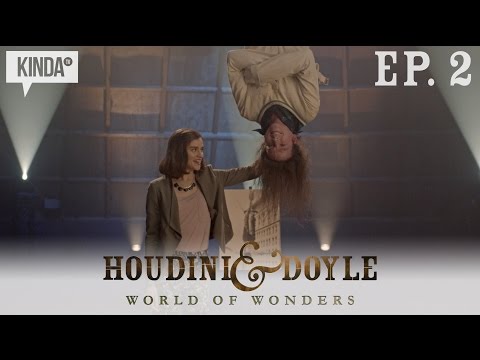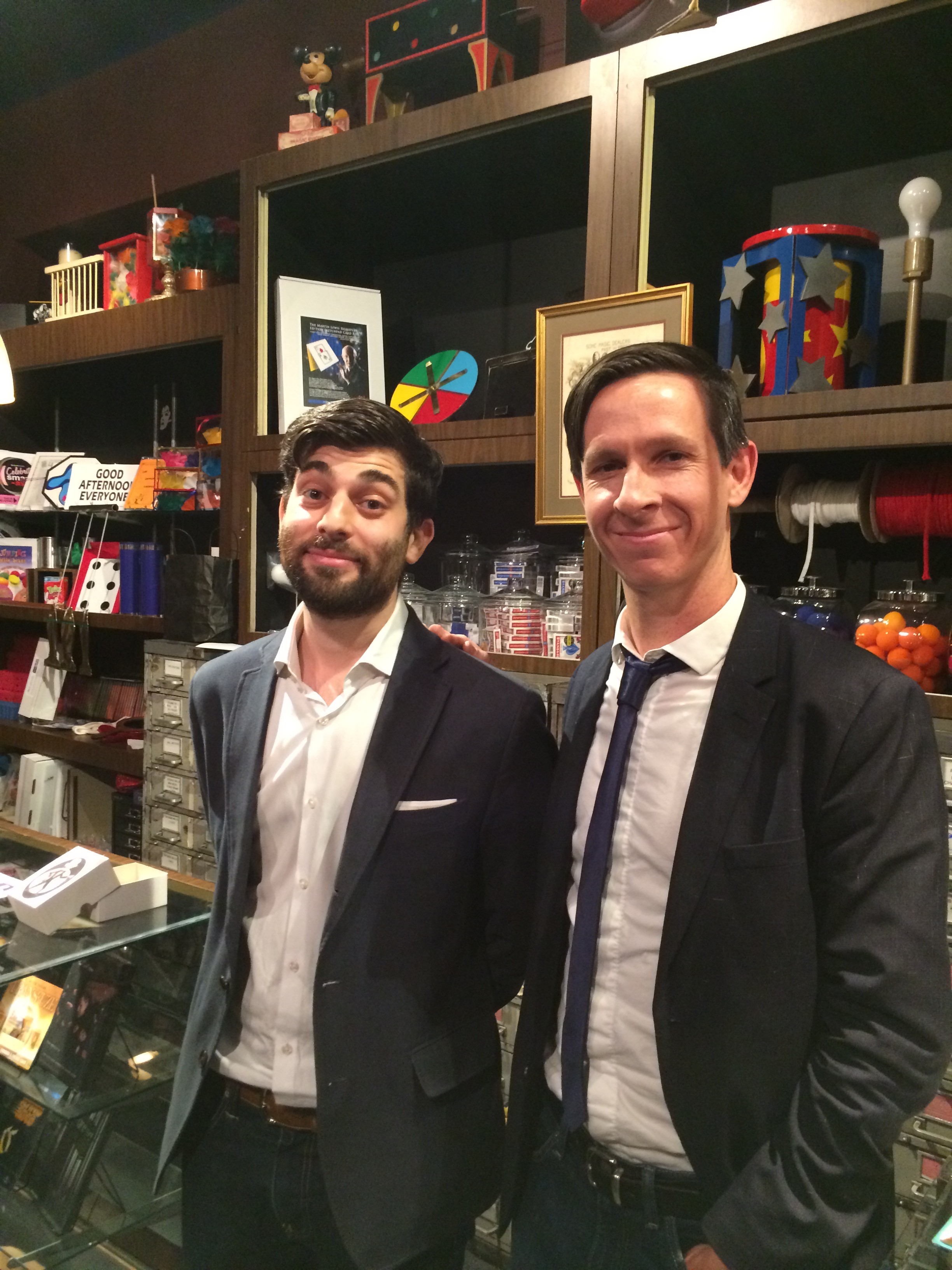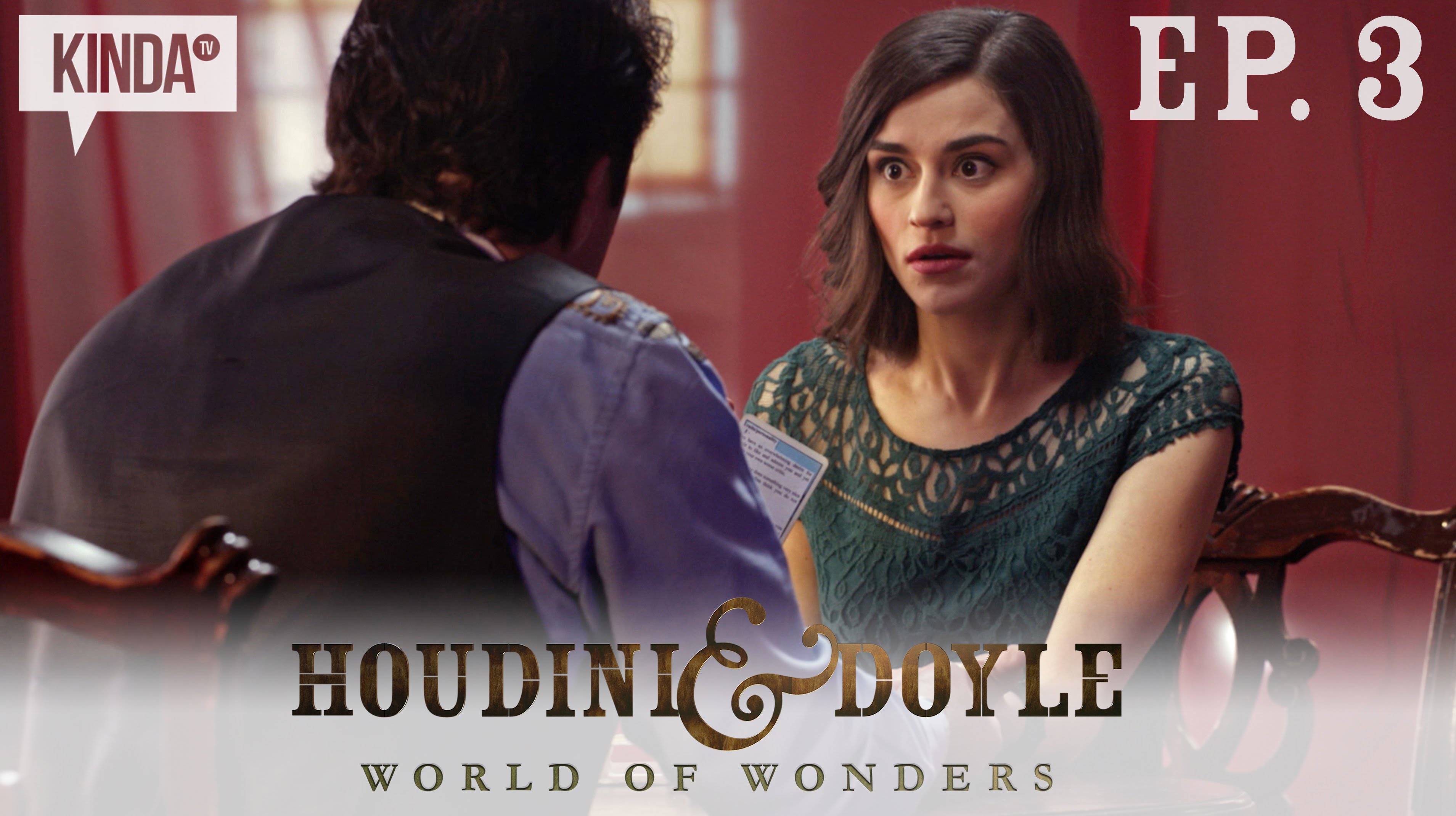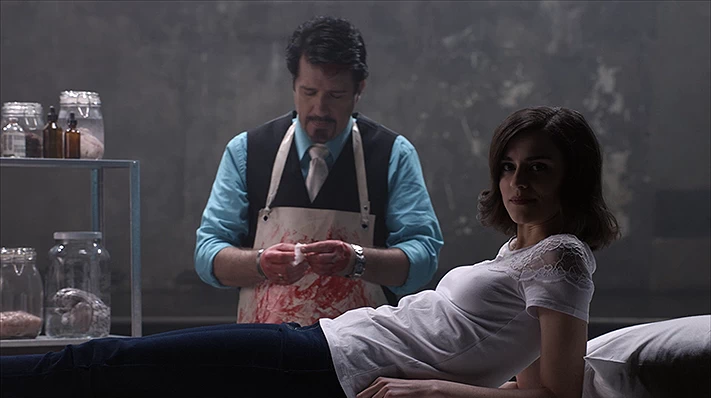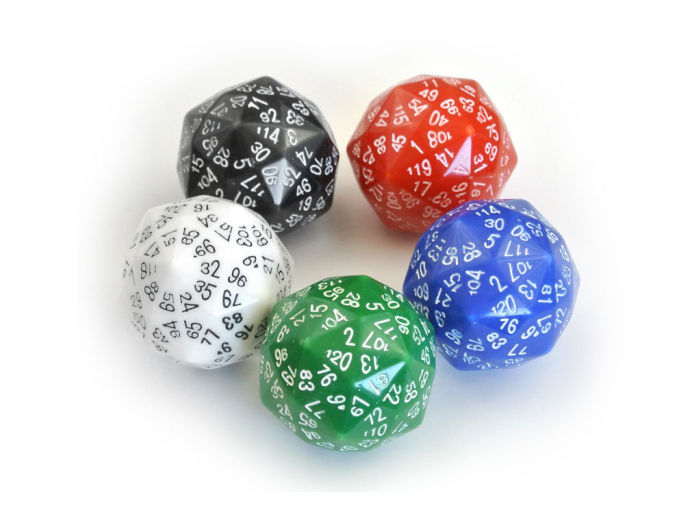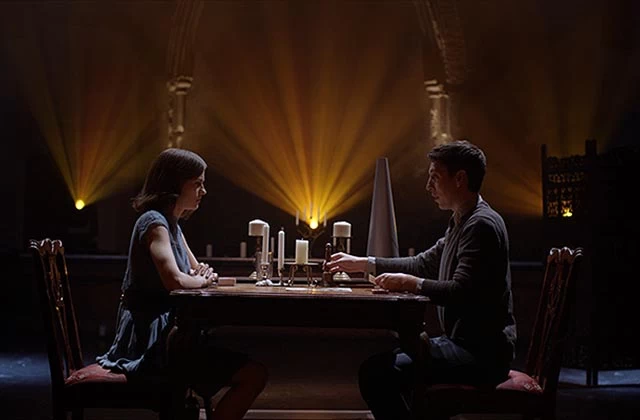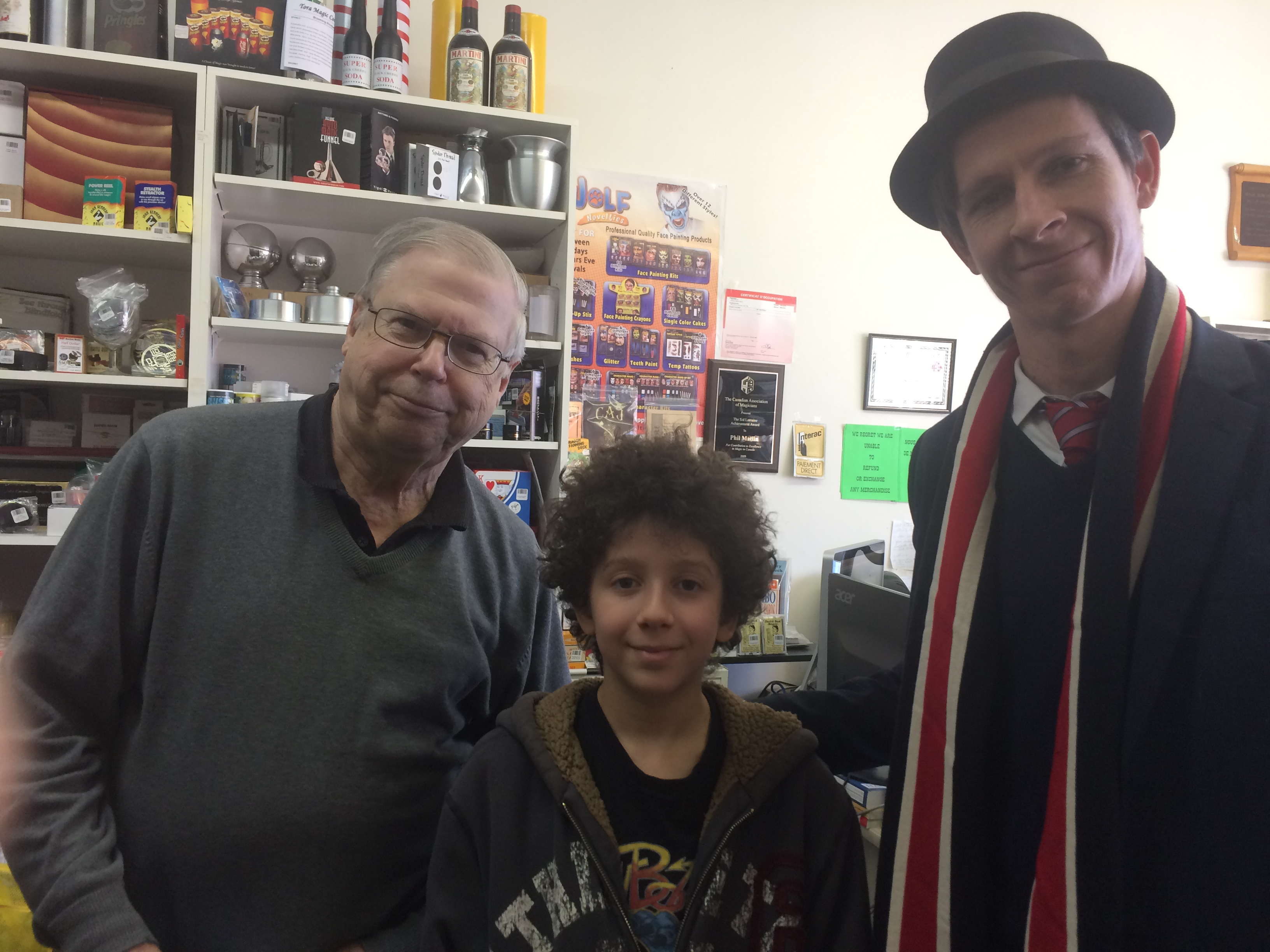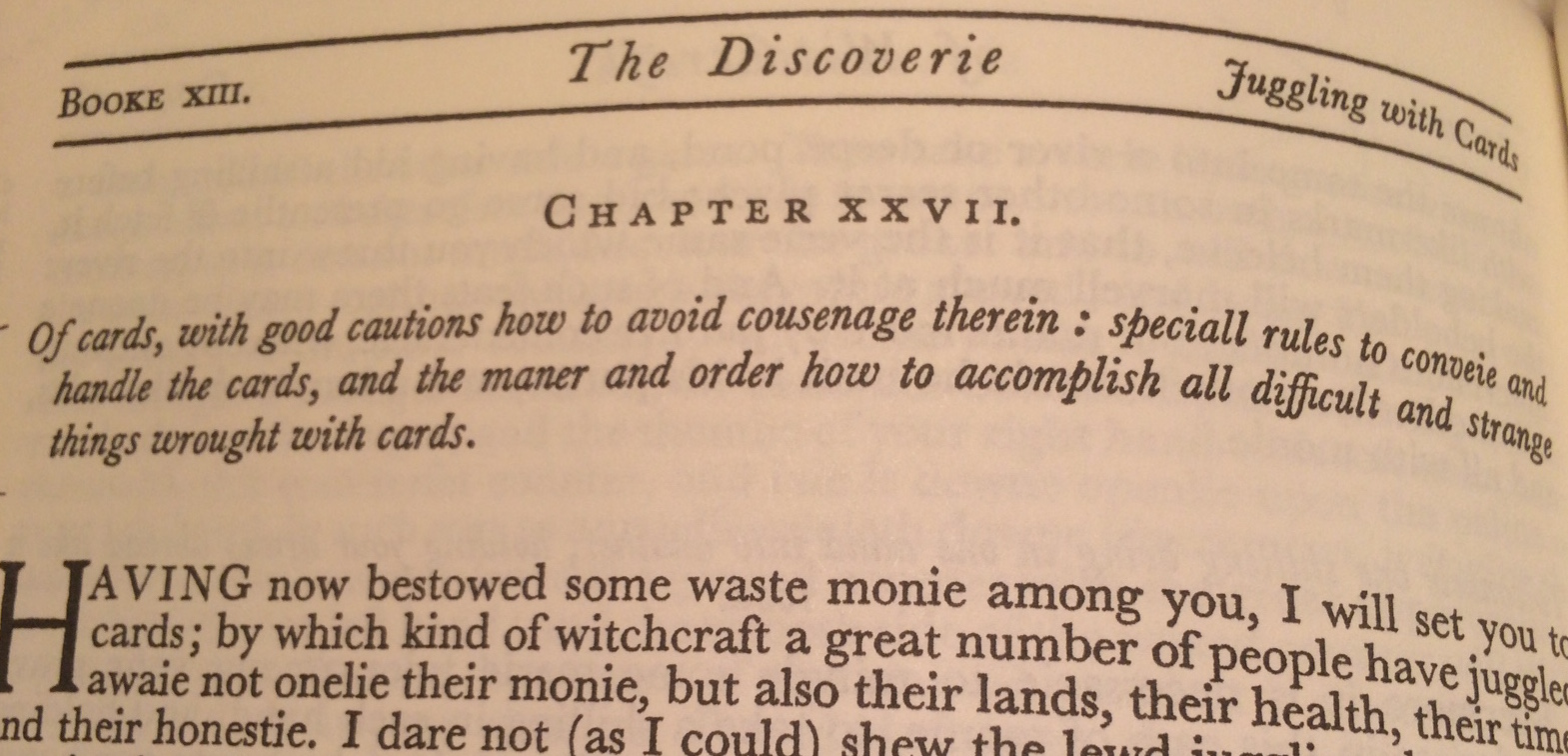A McGill colleague recently sent me these wonderfully quirky posters depicting fin-de-siecle hypnotism shows. I’m not sure who penned this post at The Public Domain Review, but it looks to me like these are probably stock posters for entertainment hypnotists who couldn’t afford to have original, custom posters designed. The blank space at the top is for the insertion of the performer’s name. There was a market for stock magic posters during this era as well. In fact, the fourth poster in this the site’s post looks more like a second sight act than a hypnotism number:
The Donaldson Litho Company (Newport, Kentucky) printed a few different magic stock posters and at least one personalized design for the magician known as Kar-mi (The Prince of India). Does anyone have other favorite Donaldson Litho posters?

